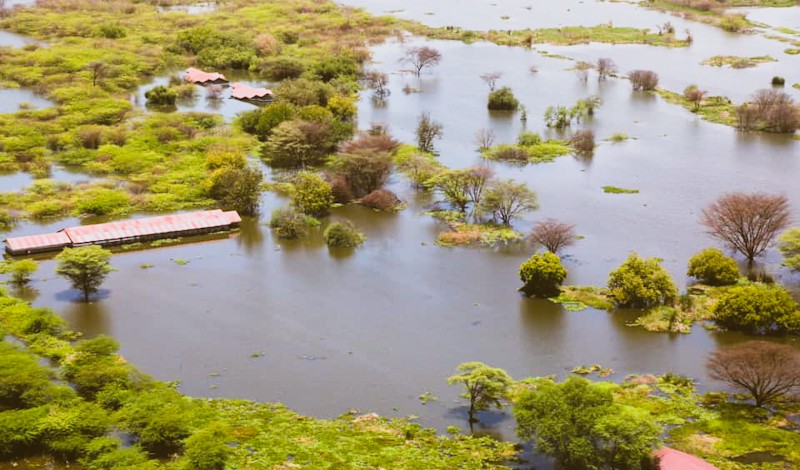The United Kingdom has announced £17m of support for East Africa to support initiatives that will mitigate climate change disasters.
The support will go to countries most affected by extreme drought – Somalia, Kenya and Ethiopia and in South Sudan which is suffering from widespread flooding for a third consecutive year.
UK’s Minister for Africa Vicky Ford made the announcement while on a three-country visit to the region.
“For countries in East Africa, climate change is not a future problem – it is driving a humanitarian emergency right now. Catastrophic droughts and floods, paired with ongoing conflicts and poor governance in Somalia, South Sudan and Ethiopia, are creating a perfect storm in East Africa which risks pushing hundreds of thousands of people into famine.”
“This funding package will provide vital assistance to almost a million people across the region, helping those affected to access clean water and healthy food.”
The drought facing communities in East Africa is a humanitarian emergency.
The UK’s commitment to supporting our partners is unwavering, and this £17m funding package will provide vital assistance to almost a million people across the region, including here in Kilifi, Kenya. pic.twitter.com/9fjfrEv5nz
— Vicky Ford (@vickyford) January 17, 2022
On the other hand, the Food and Agriculture Organization (FAO) on Monday said it requires KSh 15.65 billion shillings in urgent funding to assist 1.5 million vulnerable people in communities in the Horn of Africa.
“We know from experience that supporting agriculture at moments like this is hugely impactful – that when we act fast and at the right moment to get water, seeds, animal feed, veterinary care, and much-needed cash to at-risk rural families, then hunger catastrophes can be averted,” FAO’s Director of Emergencies and Resilience Rein Paulsen said in a statement issued in Nairobi.
Climate Change to Impact More Than 200 million People by 2050: Report





2 Comments
Pingback: Kenya, UK Partner to Build KSh 1.35 Bn Nairobi Central Train Station
Pingback: How Artificial Intelligence Will Fuel Africa’s Economic Recovery in 2022